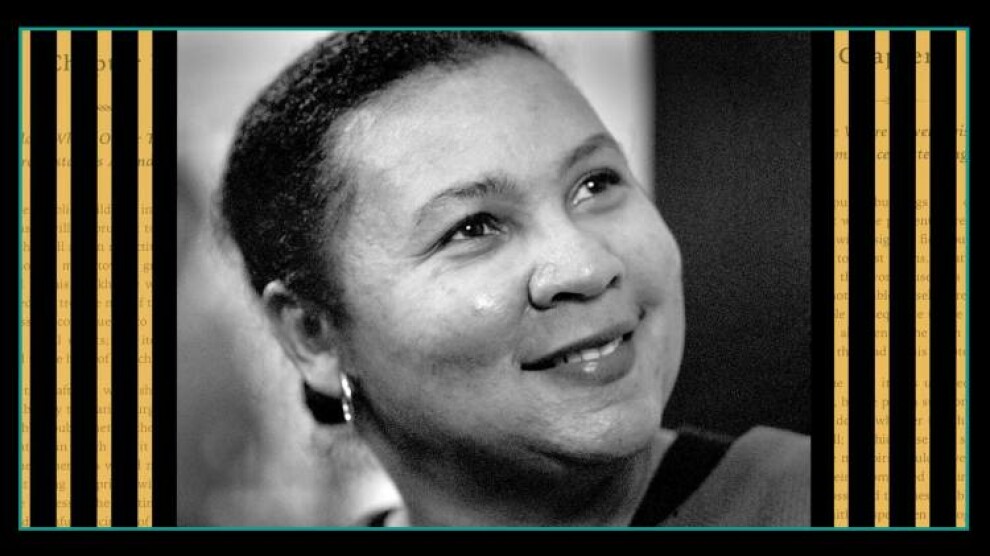Portrait of the day: bell hooks
Author, professor, feminist, and social activist bell hooks died on December 15, 2021, at her home in Berea, Kentucky, aged 69.

ELIF AKGUL
Gloria Jean Watkins is better known by her pen name bell hooks. She was born on September 25, 1952, in Hopkinsville, a town of Kentucky, into a working-class family. She was one of six children. She began her academic career in 1976 as an English professor and senior lecturer in ethnic studies at the University of Southern California. Her first work, a poetry book titled “And There We Wept” was published in 1978 under the name "bell hooks”. She had adopted her maternal great-grandmother's name, Bell Blair Hooks, as her pen name because her great-grandmother “was known for her snappy and bold tongue”.
Her father worked as a janitor and her mother worked as a maid in the homes of white families. In her memoir Bone Black: Memories of Girlhood (1996), she would write of her “struggle to create self and identity” while growing up in “a rich magical world of southern black culture that was sometimes paradisiacal and at other times terrifying”. She was educated in racially segregated public schools, later moving to an integrated school in the late 1960s. She graduated from Hopkinsville High School before obtaining her BA in English from Stanford University in 1973 and her MA in English from the University of Wisconsin–Madison in 1976. In 1983, she completed her doctorate in English at the University of California, Santa Cruz. Her book Ain't I a Woman: Black Women and Feminism was published in 1981.
“It is obvious that many women have appropriated feminism to serve their own ends, especially those white women who have been at the forefront of the movement; but rather than resigning myself to this appropriation I choose to re-appropriate the term ‘feminism’, to focus on the fact that to be ‘feminist’ in any authentic sense of the term is to want for all people, female and male, liberation from sexist role patterns, domination, and oppression,” she wrote in her book Ain't I a Woman: Black Women and Feminism.
In Feminist Theory: From Margin to Center (1984), she develops a critique of white feminist racism in second-wave feminism, which she argued undermined the possibility of feminist solidarity across racial lines.” “Our emphasis must be on cultural transformation: destroying dualism, eradicating systems of domination. Our feminist revolution here can be aided by the example of liberation struggles led by oppressed peoples globally who resist formidable powers. The formation of an oppositional world view is necessary for feminist struggle,” she wrote in this book.
She published more than 30 books and numerous scholarly articles, appeared in documentary films, and participated in public lectures. Her work addressed race, class, gender, art, history, sexuality, mass media, and feminism.
